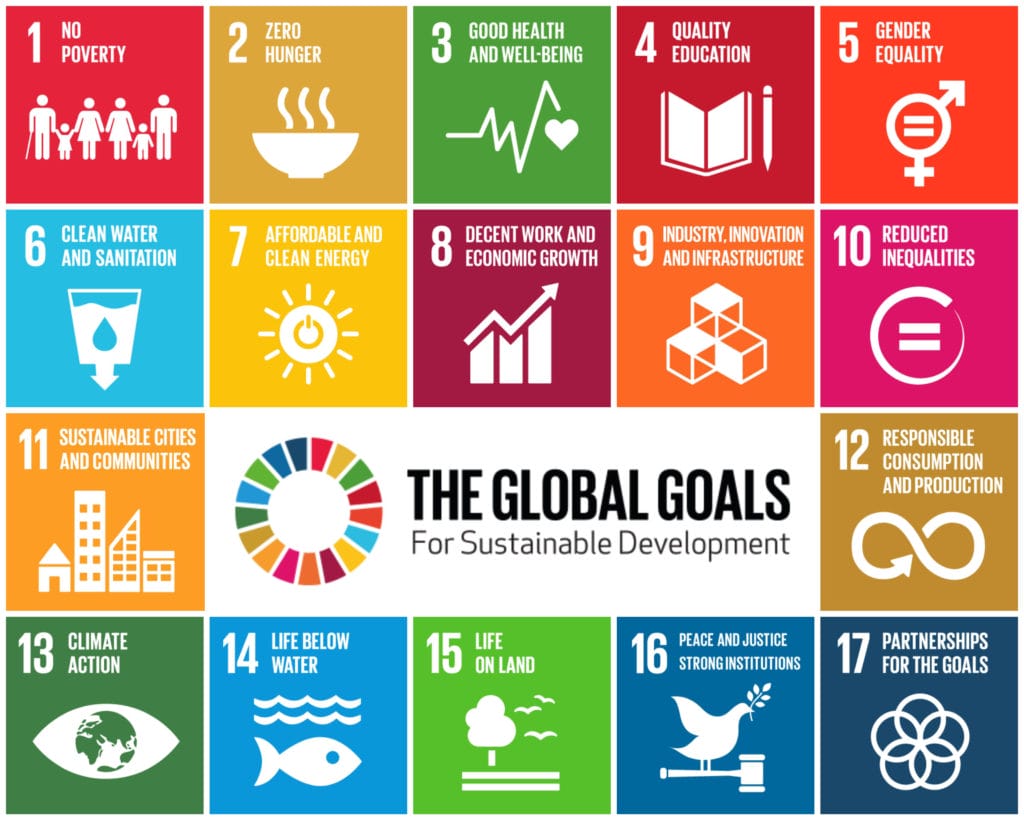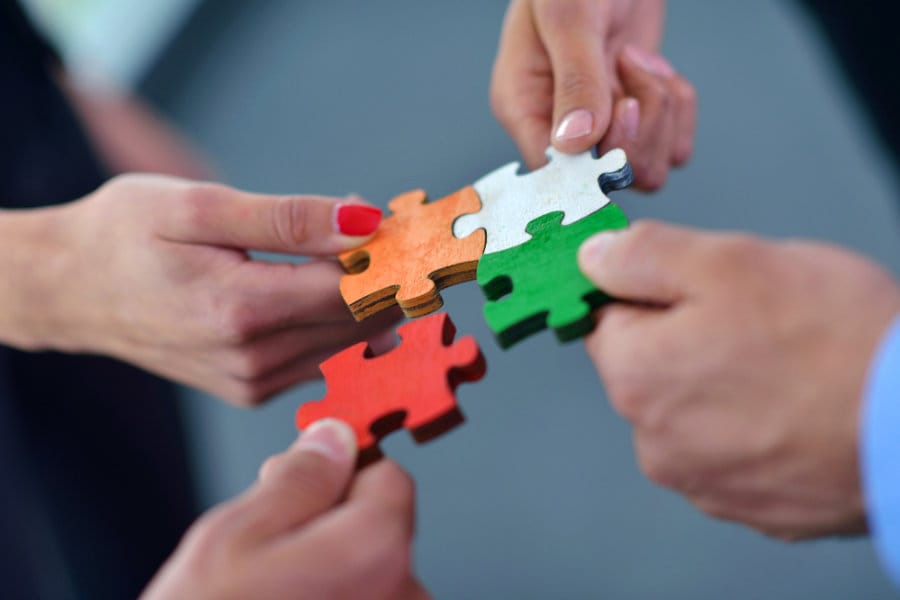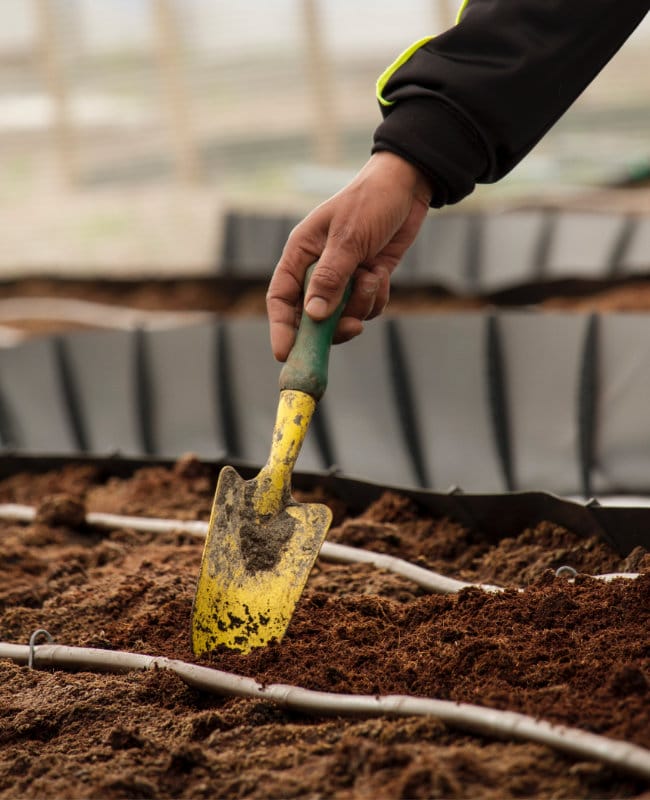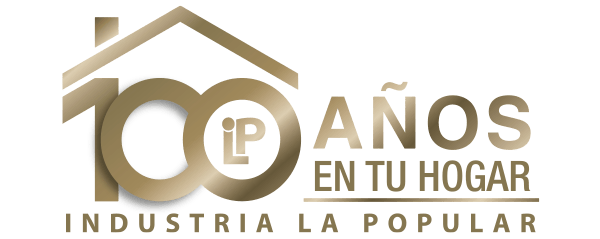Sustainability
Since 2018, as part of our business strategy at Industria La Popular, S.A, we focused on Sustainability as a priority axis. Therefore, we created a specific area which establishes 4 key pillars to develop the themes of this within the Sustainable Development Goals of the United Nations (SDG’s): – Leadership and Governance, Economic Area, Social and Environmental Axis. We seek change step by step for a clean, beautiful and healthy world for now and our future generations.

1. Leadership & Governance
We look for establish the strategic sustainability goal of the organization and create a unique identity and culture with our co-workers and interested groups.
- Making Industria La Popular a sustainable Company, having the ability to ensure its continuity and long-term positioning through the creation of value by looking for a balance between the wealth generation and the usage of different human, material, natural and economic resources in order to cooperate with the progress of the present and future generation.
- Integrated Management Policy -Quality, Environment, Information Security and Supply Chain Security.
- Sustainability Management Committee
- Integrated Management Model ASISOMos
As part of our strategy, we created the Sustainability area, which includes the initiatives generated in Environment, Industrial Safety, Occupational Health and Continuous Improvement, as well as Corporate Social Responsibility. This allows us to generate joint goals, synergies and search for continuous improvement within the organization through the interaction between these four axes with all the areas of the Company.
2. Economic Axis
Focused on the continuous improvement of our internal processes and the innovation of the products that we offer to our clients, the economic axis is based on the International Management Systems (ISO) and the Customer Service.
- Management Systems
Industria La Popular is currently certified with ISO9001: 2015 standard and as an Authorized Economic Operator (AEO), which helps us to manage our internal processes in a better way. In addition to this, in 2019 we are almost to complete ISO27000 certification, which gives certainty to our suppliers and customers that the information handled in both ways is maintained and properly guarded. By 2020 it is sought to have the certification ISO14001: 2015 (Environmental Management System), looking for improving the management of environment protection, as well as ensuring the continuous improvement of our environmental performance. Furthermore, according to audit framework and business ethics, we have successfully completed the SMETA (Sedex Members Ethical Trade Audit) audit requested by clients such as Walmart and Unilever during 4 consecutive years..
- Innovation
We seek to optimize our resources and provide options that add value to our clients with our innovation program «Fábrica de Ideas» (Ideas Factory).
.
- Integrated Management Policy -Quality, Environment, Information Security and Supply Chain Security.
We are focused on satisfying our customers needs. That is why we integrate it into the strategy by generating surveys of organizational climate and satisfaction of external customers. In case of having any claim/inconvenience or doubt with our products you can email us at atencionalcliente@ilpsa.com.
3. Social Axis
We focus our efforts to ensure our operating license, improve our employees and stakeholders quality life, and adapt our strategy to the Sustainable Development Goals of the United Nations (SDGs), integrated into the following pillars: 3 (Health and Goods), 8 (Decent work and economic growth), 12 (Responsible production and consumption) and 17 (Alliances to achieve objectives).
- Occupational Health and Safety – OHS
- Operating License Security and Maintenance (OL)
- Interest Group Management
- Corporate Social Responsibility through SDGs


4. Environmental Axis
We look for using natural resources correctly, while looking for ways to optimize energy and water consumption and reducing our waste. We focus on:
- Environmental Management System creation that allows us monitor our legal compliance, properly manage environmental aspects and impacts, train staff on related issues and finally manage our performance through key indicators.
- Natural Resources Optimization (water, energy).
SOCIAL AND ENVIRONMENTAL RESPONSIBILITY
Water Care
We make sure to comply with all the law requires by significantly reducing the amount of water we discharge into the environment as well as taking measures to reduce, reuse and recycle it in order to take advantage of every last drop.
Recycling
We recycle those supplies that are useful for such process, and we constantly look for reducing the waste of materials used at the office to ensure their optimization.
Packaging Reduction
We rely on continuous packaging improvement by reducing the material used without taking risks on our quality in order to provide added value to our customers.
Environmental Impact
Our commitment to the environment is to ensure an environmental significant reduction impact. Therefore, we keep strict actions that help us follow to the letter the pillars:




Reduction and improvement of water discharges:
We make sure to comply with the law by reducing the amount of water we dispose in the environment.
Reduction of atmospheric emissions mainly caused by greenhouse gases:
To minimize the environmental impact and improve the carbon footprint.
Reduction of usage and increase of water reuse:
We measure and continuously improve our water footprint taking measures to reduce, reuse and recycle water.
Solid waste reduction:
From our production processes and our gardens, as well as waste from other related services.
Optimal packaging sizes:
We continuously work to give the greatest added value to our customers by reducing packaging.
Reduction of office waste:
We recycle those resources that are still useful in order to reduce their waste as well as guarantee their optimization.
